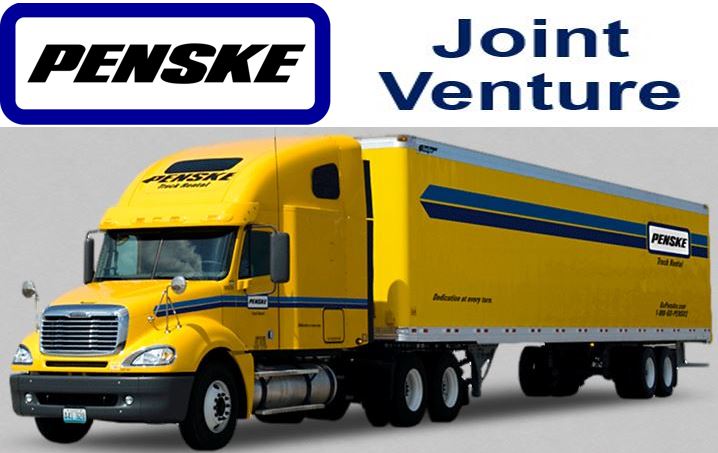What is a joint venture? Why are joint ventures created?
A joint venture is a business arrangement in which two or more parties create a short term partnership, with each party contributing their own assets while equally sharing risk. An example was the supersonic passenger aircraft Concorde, which was a joint venture between Air France and British Airways.
The parties involved in a joint venture can be groups of individuals, corporations, or companies.
Joint ventures are sometimes carried out for a specific project (known as a consortium) or as a means of maintaining a business relationship. A key concept is that all parties are equally invested in the project.
What differentiates a joint venture from a business partnership is that a partnership usually involves a long-term business relationship as opposed to a single business transaction.
Joint ventures are typically small projects, however, big corporations may also carry out joint ventures (if the initial cost of a project is large) by sharing the burden of the undertaking, as well as potential profits.
According to the Cornell University Legal Information Institute, many joint ventures are created as a means of entering foreign markets, with foreign companies forming joint ventures with domestic companies.
In the US, a joint venture is treated like a partnership for Federal Income Tax purposes.
 Founded in 1969, Penske Truck Leasing Co. is a joint venture of Penske Corporation, General Electric Capital, Mitsui & Co. and Penske Automotive Group. It is based in Reading, Pennsylvania.
Founded in 1969, Penske Truck Leasing Co. is a joint venture of Penske Corporation, General Electric Capital, Mitsui & Co. and Penske Automotive Group. It is based in Reading, Pennsylvania.
Chinese laws regarding foreign enterprises and joint ventures
China receives the most direct foreign investment in the world (more than the U.S.) – more international joint ventures are taking place in the country than anywhere else.
The country has its own rules that divide foreign enterprises into different categories:
- Sino-Foreign Equity Joint Ventures (EJV) – This is a joint venture between a Chinese party and a foreign company. The foreign investment in the total project must be higher than 25%. An EJV is always a legal person.
- Sino-Foreign Cooperative Joint Ventures (CVJ) – A CJV is a lot more flexible than an EJV in that it can be either a legal or non-legal person, and distribution of profits is completely up to the parties.
- Wholly Foreign-Owned Enterprises (WFOE) – According to the WFOE Organization website, a WFOE is “a Limited liability company wholly owned by the foreign investor(s).”
- Foreign Investment Companies Limited by Shares (FICLBS) – FICLBS can freely transfer or trade public stock both inside and outside of China.

